SUMMARY
This is AI generated summarization, which may have errors. For context, always refer to the full article.
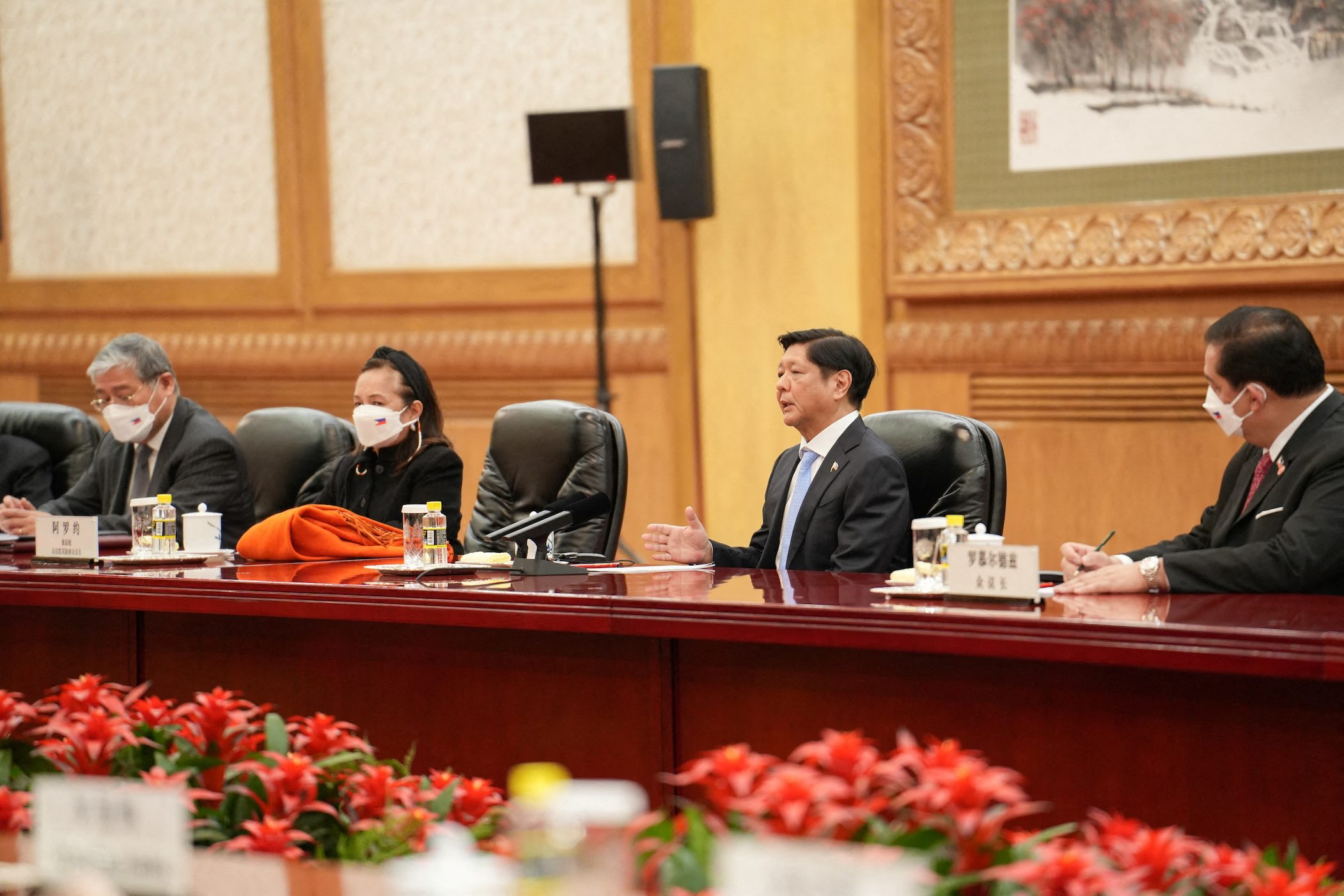
Philippine President Ferdinand Marcos Jr said his economy would resist global recessionary headwinds, but warned that increasing tensions in the South China Sea were harming trade.
Marcos was bullish about the country’s economic prospects in a speech on Wednesday, January 18, at the World Economic Forum’s annual meeting, which has been dominated by talk of an impending global recession brought on by the cost of living and energy crises.
“My belief is that as long as the unemployment rate stays low, we will be able to resist the recessionary forces,” he said.
He said the upskilling of his country’s labor force was powering the economic growth, including remittances from overseas workers.
But increasing tensions in the South China Sea were affecting trade on all of the exchanges in the region, he said.
“The future of the region has to be decided by the region, not outside powers,” he said.
Earlier, Marcos said he expects the domestic economy to grow around 7% this year, saying strong fundamentals, prudent fiscal management and reforms in key sectors will cushion against risks from a potential global recession.
The Southeast Asian country, which will announce its 2022 economic performance on January 26, also expects last year’s gross domestic product growth to be faster than the 6.5%-7.5% target.
“Our strong macroeconomic fundamentals, fiscal discipline, structural reforms and liberalization of key sectors instituted over the years have enabled us to withstand the negative shocks caused by the pandemic and succeeding economic downturns and map a route toward a strong recovery,” Marcos was quoted as saying in a statement his office issued on Wednesday.
Marcos said the Philippine economy’s growth is thanks to the micro, small and medium enterprises in the country. His administration, said Marcos, “concentrated on the MSMEs…because that comprises such a large part of our economy and it’s the same in most ASEAN countries.”
He’s also said keeping unemployment low is key to surviving the threat of a global economic slump. “My theory, my belief, and I think I’m right in that is that, as long as the unemployment rate stays low, then the recessionary forces are something that we can resist,” he said.
Marcos was in Davos, Switzerland this week for the World Economic Forum, accompanied by his economic team and several Philippine business executives. There he met with potential investors to seek support for his infrastructure development program.
Pent-up domestic demand following the removal of pandemic restrictions propped up economic growth last year and will continue supporting consumer spending this year, Bangko Sentral ng Pilipinas Governor Felipe Medalla said on January 10.
“Our actual projection is 6.5 (percent for 2023) but there are signs that we might be able to surpass that,” Marcos said in Davos, where he also presented his proposed sovereign wealth fund to potential investors.
Critics have raised concerns over the transparency and governance of the wealth fund, which has been approved by the House of Representatives, and is pending deliberation in the Senate.
Under the bill, state lenders Development Bank of the Philippines and Land Bank of the Philippines would provide a total P75 billion ($1.37 billion) for initial capital, while the central bank will contribute subsequently through dividends. – with reports from Bea Cupin/Rappler.com
Add a comment
How does this make you feel?

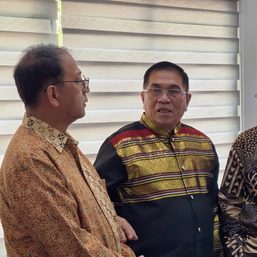
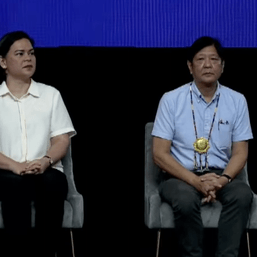
![[In This Economy] Is the Philippines quietly getting richer?](https://www.rappler.com/tachyon/2024/04/20240426-Philippines-quietly-getting-richer.jpg?resize=257%2C257&crop=194px%2C0px%2C720px%2C720px)
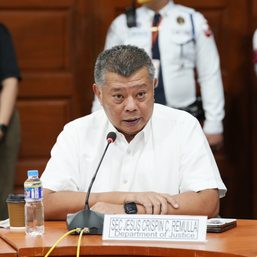
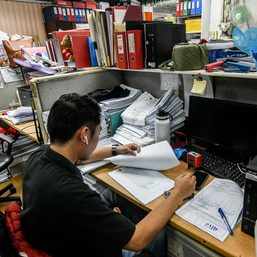
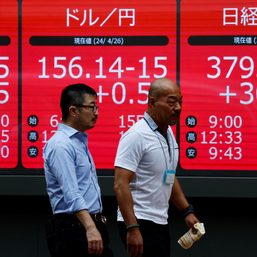
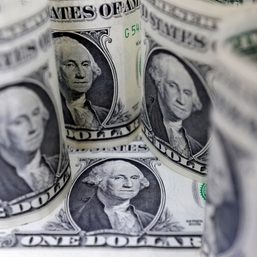

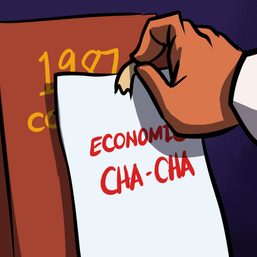

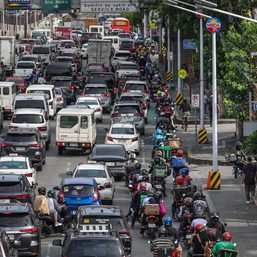
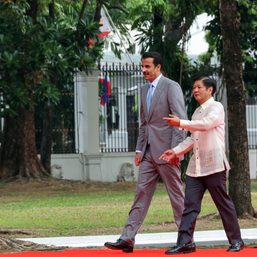
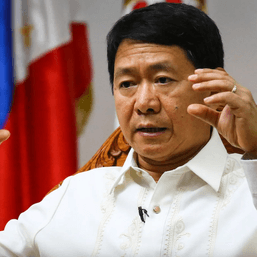
![[In This Economy] A counter-rejoinder in the economic charter change debate](https://www.rappler.com/tachyon/2024/04/TL-counter-rejoinder-apr-20-2024.jpg?resize=257%2C257&crop=267px%2C0px%2C720px%2C720px)
![[Vantage Point] Joey Salceda says 8% GDP growth attainable](https://www.rappler.com/tachyon/2024/04/tl-salceda-gdp-growth-04192024.jpg?resize=257%2C257&crop_strategy=attention)
![[ANALYSIS] A new advocacy in race to financial literacy](https://www.rappler.com/tachyon/2024/04/advocacy-race-financial-literacy-April-19-2024.jpg?resize=257%2C257&crop_strategy=attention)

There are no comments yet. Add your comment to start the conversation.